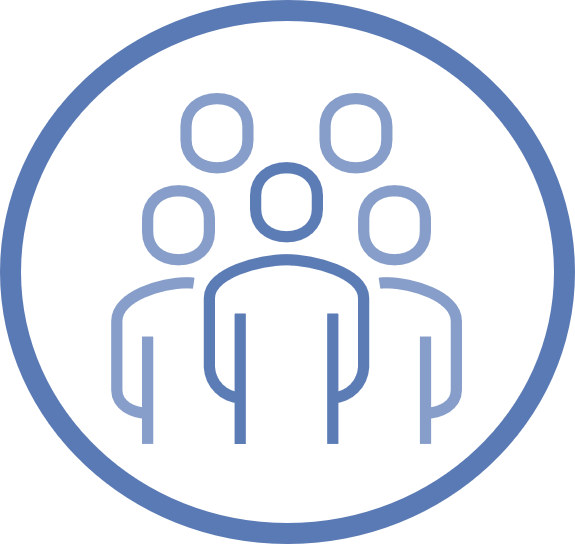These considerations are part of a path taken by Fidinam towards sustainable innovation, shared well-being and operational integrity, and are an ideal continuation of the principles on which it was founded, as well as an integral part of its business strategy for the years to come.
The three pillars underpinning Fidinam's value system - Dynamism, Specialisation and Trust - summarise our promise to our various stakeholders to be flexible and responsive to changes in the markets in which we operate, to foster the enhancement of our employees' skills in order to best advise our clients, and to guarantee professional, personalised and discreet service.
The fourth pillar on which Fidinam's foundations lie is the link with the territory. The strong and deep roots that bind Fidinam to Ticino and Switzerland have enabled the Group not to lose its identity in the decades of growth and global expansion. The proximity to the territory, not only as a geographical place but as a community, led Fidinam to the creation of the Fidinam Foundation, a non-profit entity created in 2008 and active in supporting projects in the fields of education and culture, health, the fight against poverty and market economy, in Switzerland and abroad.
More than sixty years later, these four values still serve as a guideline for strategy choices and day-to-day operations, and it is in this context, in which the nurturing of one's own interests goes hand in hand with sensitivity and respect for those of the community, that the Fidinam Group's ESG strategy fits in.

Environmental sustainability

Shared well-being

Operational integrity
In order to reduce the use of paper, tools have been introduced that allow documents to be managed and stored electronically, as well as the use of digital signatures whenever possible.
Since 2008, the two non-profit foundations have been supporting charitable projects in Switzerland and around the world through internal and third-party donations.
Adoption of current laws and regulations in operating procedures, and subsequent timely updating of internal regulations.
Adoption of secure and effective videoconferencing tools to encourage virtual meetings when presence is not essential to the success of the meeting.
Involvement of employees in the various spheres of cultural-economic life through affiliations and support in various associations and foundations.
Economic incentives to encourage employees to use public transport in their daily work and travel to the office.
Encouraging continuous training for employees and apprentices.
The ability to work remotely and the flexible working hours allow employees to better reconcile their professional and personal lives.
Events and initiatives dedicated to well-being, recreation and the meeting of employees outside the workplace.
From installing solar panels on the roof, to installing piped drinking water dispensers, to replacing all neon light bulbs with energy-saving bulbs, to providing glass, steel and ceramic tableware to banish plastic.
Support for initiatives that promote education, sport and leisure in local communities.
Adoption of a code of ethics to define guidelines and best practices to be applied in line with our corporate values and ESG principles.
The document can be consulted here.
All content © . All Rights Reserved.